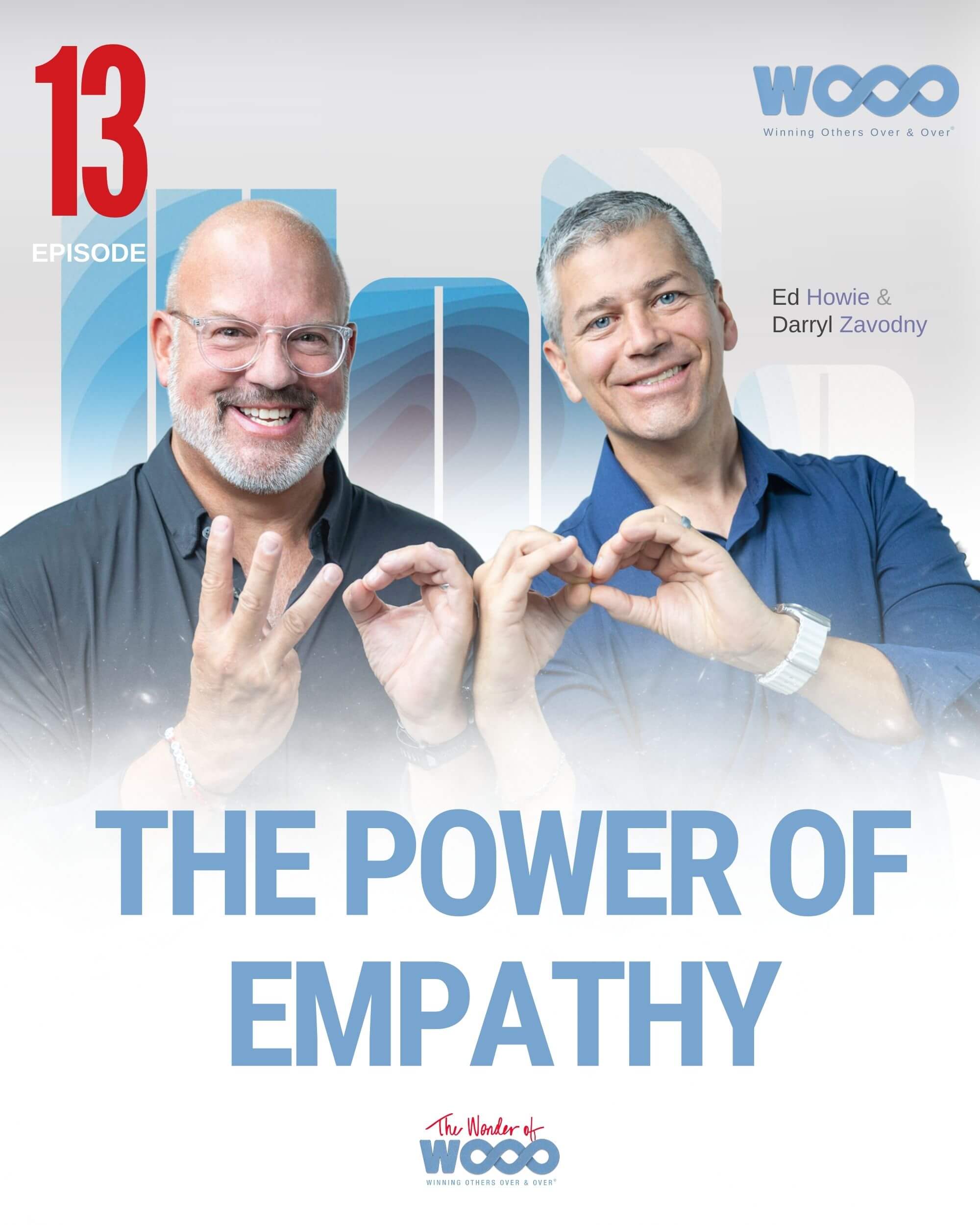The Universality of Care: The Agony of Not Caring at All
Table Of Content
The Universality of Care: The Agony of Not Caring at All
In a world focused on efficiency and profit, care can feel like a luxury rather than a necessity. Yet, as explored in The Wonder of WOOO podcast with Ed Howie and Darryl Zavodny, care is the cornerstone of sustainable business success. When businesses embrace care, they build trust, strengthen relationships, and thrive. Ignoring it, however, leads to disengagement and missed opportunities.
Care: A Universal Language
Care transcends cultures, industries, and time. Ed and Darryl highlighted the Zulu concept of “sawubona,” meaning, “I see you.” This greeting acknowledges another’s dignity and humanity, reminding us of the power of being seen. In business, adopting a “sawubona mindset” transforms ordinary interactions into meaningful connections.
By intentionally seeing customers, businesses convey empathy and respect. Simple acts, such as a warm greeting or resolving an issue attentively, create lasting trust and loyalty. These moments aren’t just feel-good gestures—they’re the foundation of sustainable success.
The Agony of Not Caring
When businesses neglect care, they suffer from disengagement. Treating customers as numbers rather than people erodes trust and damages reputations. Without care, even the most innovative products or services struggle to succeed.
Customers notice when businesses fail to acknowledge their needs. A lack of care alienates them, while thoughtful service fosters loyalty and advocacy. Care isn’t optional—it’s a necessity for long-term growth.
The Practicality of Care in Business
Far from being “soft,” care is one of the most practical strategies a business can adopt. Winning Others Over (WOOO) requires empathy and consistent action, principles central to The Wonder of WOOO.
Care manifests in different ways across organizations:
- Customer Service: Personalizing interactions builds trust and loyalty.
- Branding: Consistently communicating care strengthens brand recognition.
- Community Impact: Businesses that give back demonstrate they value more than profits.
- Employee Relationships: Caring for employees leads to better customer service.
The Intersection of Kindness and Business Success
Kindness in business isn’t just ethical—it drives growth. Leaders like Ed and Darryl emphasize balancing relationships with revenue. By fostering trust and intentional connections, businesses achieve benefits like increased loyalty and employee engagement.
Companies like Apple and Nike illustrate the power of care. Apple’s meticulous attention to customer experience and Nike’s inspiring branding demonstrate how care builds lasting connections. Small businesses can achieve similar results by offering personal touches, like remembering customer preferences or addressing issues quickly.
Empathy: The Heart of Care
Empathy is the ability to step into someone else’s shoes. It enables leaders to anticipate customer needs and create personalized experiences. Ed shared a story about comforting a grieving friend with a simple hug before his cycling class. That act of care bridged an emotional gap, demonstrating how empathy matters in all aspects of life.
Empathy isn’t about grand gestures—it’s about being present and responding to others’ needs. Small actions, like a sincere “thank you” or solving a customer’s problem, reinforce trust and commitment.
The Ripple Effect of Care
Care creates a ripple effect. Employees who feel valued are more motivated, customers become brand advocates, and communities benefit from thoughtful businesses. Conversely, neglecting care leads to dissatisfaction and disengagement, harming everyone involved.
Steps to Infuse Care into Your Business
Inspired by The Wonder of WOOO, here are steps to bring care into your business:
- Adopt a “Sawubona Mindset”: Ensure every customer feels seen through personalized interactions.
- Empower Employees: Equip your team to provide exceptional service.
- Be Consistent: Align every aspect of your brand with your commitment to care.
- Focus on Relationships: Prioritize long-term connections over short-term gains.
- Measure What Matters: Track customer satisfaction and employee engagement to ensure alignment.
Conclusion: Building a Legacy of Care
The universality of care isn’t just a nice idea—it’s a practical strategy for success. By adopting a mindset of empathy and intentional connection, businesses build trust and lasting relationships. As Ed Howie and Darryl Zavodny remind us, “Everyone wants WOOO, and no one wants POOO.”
Let’s commit to making care a defining feature of our businesses and lives. How will you create your own ripple effect of care today?
P.S. Want personalized strategies to grow your business?
Click Here to Book a Free 30-Minute WOOO Strategy Session today!

Join our mailing list and you get a Free eBook of "15 Ways to WOOO"



